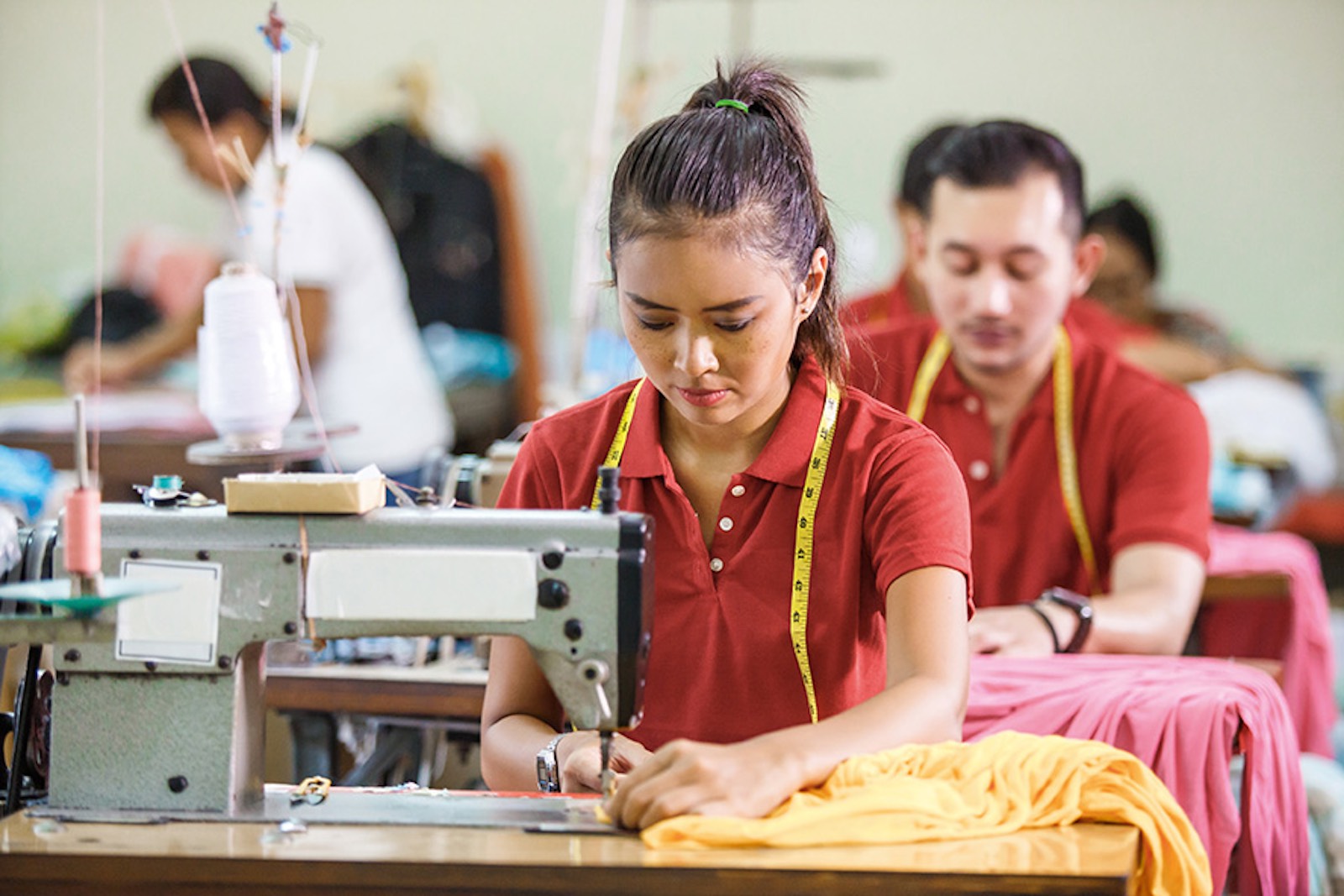Since 2019, sustainable textiles can easily be recognised – by the Green Button! What makes it special: The government-run label of the German Federal Ministry for Economic Cooperation and Development (BMZ) evaluates which companies take responsibility for their textile supply chains and fulfil their due diligence obligations. The Green Button also labels their sustainable products. For this purpose, it must be proven via recognised certification labels that, for example, the specific T-shirt was manufactured in line with social and environmental criteria.
Meet Florian Tiedtke from GIZ personally at OutDoor by ISPO 2023
What: GRV Guided Transparency Tour
When: Monday, June 05, 2023 – 11am
Where: SUSTAINABILITY HUB/ Munich Order Center- Atrium 3- 124
The Partnership for Sustainable Textiles advocates for a social, environmental, and corruption-free textile and garment industry – one that respects the rights of all workers, protects the climate and the environment, and operates with integrity and within planetary boundaries.
Its vision is an industry that respects the rights of all workers, that protects the climate and the environment, and operates with integrity and within planetary boundaries. The Textiles Partnership emphasises the implementation of due diligence in Germany, Europe and worldwide.
As a multi-stakeholder initiative, the Textiles Partnership brings together companies, associations, non-governmental organisations, standard setting organisations, trade unions and the German Federal Government. In addition, the PST (Partnership for Sustainable Textiles) cooperates with European and international initiatives in order to disseminate best practices and increase the leverage of its joint action.
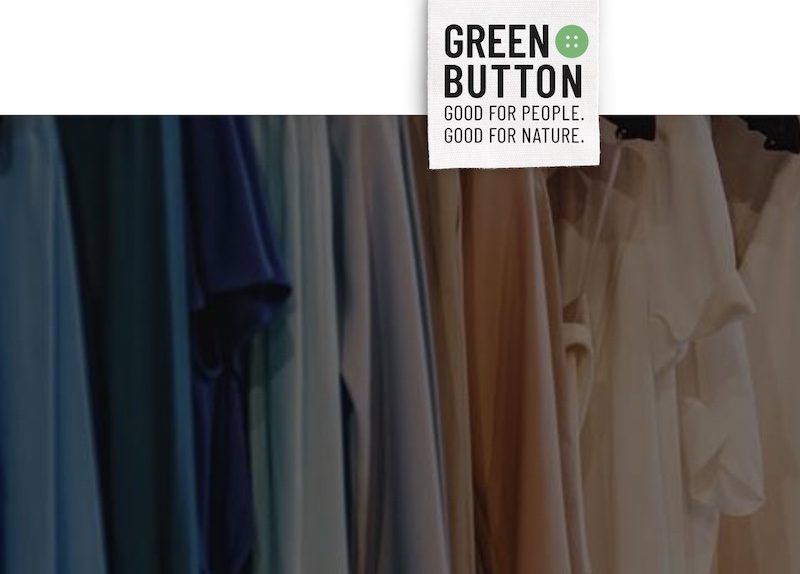
As regimentation of textile industry impact becomes the norm, both governments and independent bodies are creating more and more standards by which to label, track, follow, and limit social and environmental production standards. In the end all this information feels kind of overwhelming and confusing.
First and foremost, the Green Button is a Government-Run Certification Label for textiles. The power of a government label is that it creates an equitable standard. In privatised certifications similar labels can dictate different standards and levels to achieve the label. The Green Button is an international initiative that will streamline a standard of providing information for responsible consumer choices.
Greenroom Voice has spent endless hours researching these labels and laws and is excited to see that governments step forward with a unified solution to make the information load bearable to the consumer and engage citizens in more responsible buying practices.
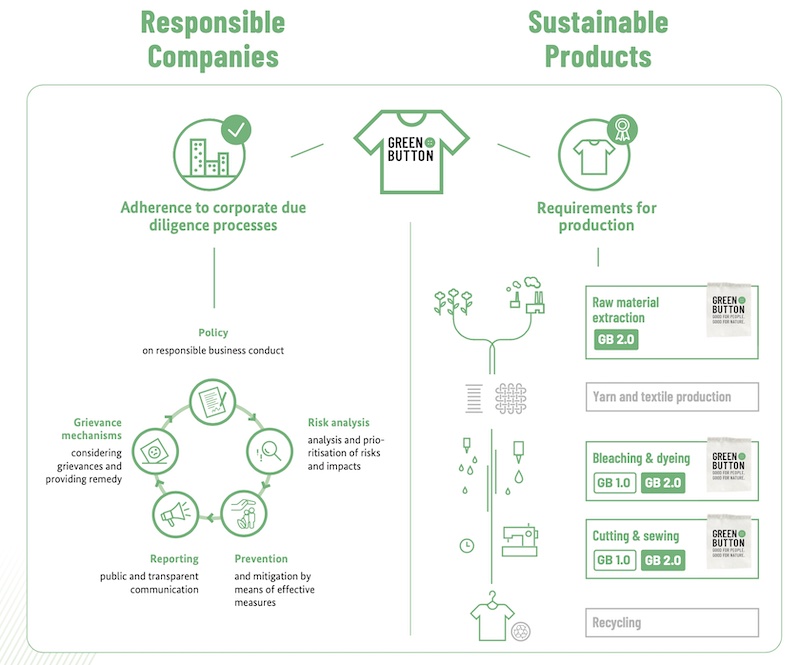
It means that the companies take responsibility for respecting human rights and environmental standards in their textile supply chains.
Textile production is a complicated process occurring in not just one factory, or with one producer. But rather, a wide web of factories, producers, and independent contractors. Companies must first establish a systematic overview of all actors and identify potential problems, for example exploitation of workers, discrimination, pollution. Once the flow chart of actors has been established, potential problems can be addressed, risks managed, and appropriate actions taken.
Due diligence works to ensure that all workplaces minimise risk, allow employees to express grievances, and offer improvement to wage situations offering a living wage to factory workers. Each company following the Green Button guidelines must also ensure transparent reporting.
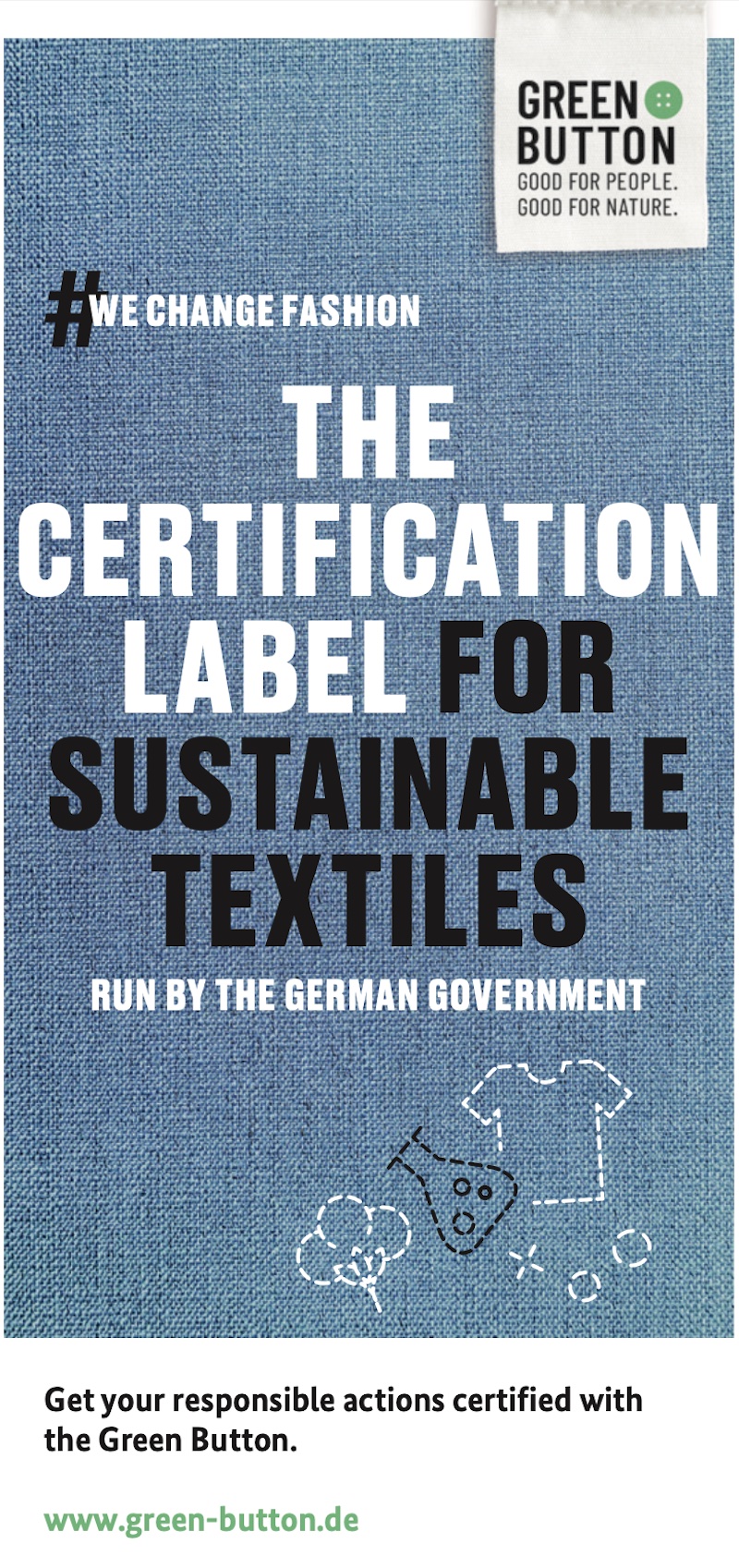
A Green Button label does not ensure that an entire company’s products are certified, but rather individual products. The label is not appropriate for flagship products, but rather focuses on a commitment comprehensive responsibility for people and the environment in the textile supply chain.
The Green Button was created in 2019 with a primary focus on cutting and sewing and bleaching and dying using credible certification labels. Green button 2.0 also includes raw material extraction standards, and a strict look at fiber use. In 2024 the Green Button evaluation process will be applicable to ALL products across the textile industry. The Green Button will put the power of information and choice into the hands of consumers allowing us to become strong actors in positive consumption choices creating a strong demand for product built in alliance with a sustainable social and environmental future and hence enable the transition.
You can find a list of companies which adhere to the green button here
Sunday 4th June
15.00- 15.30 {Public Event}
Speakers: Pascale Moreau- Founder of Ohana Public Affairs, Florian Tiedtke GIZ- Grüner Knopf
Moderation: Anna Rodewald/GreenroomVoice & Claudia Klingelhöfer/ EDM Publications
1. What to expect from the EU strategy for more sustainable products
Join us for a birds view of upcoming and existing legislation under the EU Green Deal relevant for the Outdoor industry.
Synopsis: Pascale Moreau from Ohana Public Affairs will provide us with a birds view of what is important right now for the Outdoor Industry and how to prepare proactively in order to align with the overarching vision of the EU Green Deal.
The “Grüner Knopf” is the German Initiative for more sustainable and socially sound textiles and a great example on how countries align with the EU Textile Strategy.
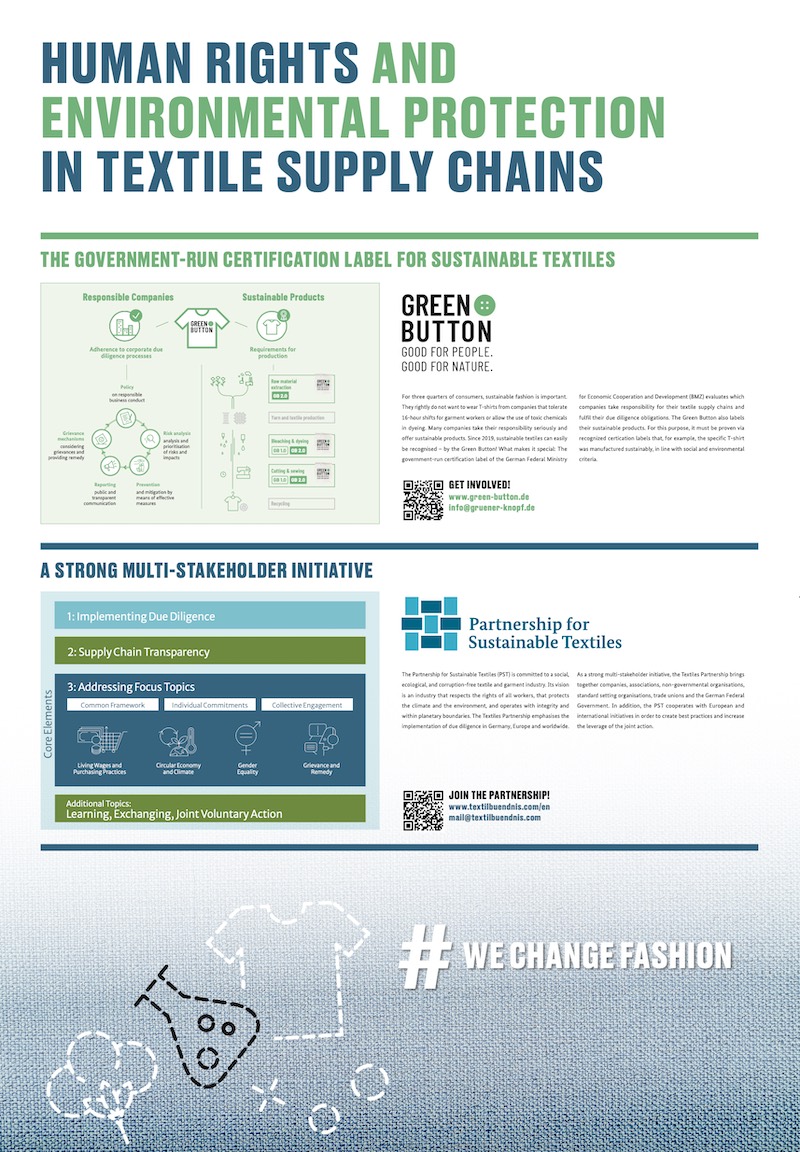
Share your experience and meet pioneers. You can connect with these exhibitors personally:
Sun, June 4th, 11 am: Exped, Icebug, Iteratif, Rab & Lowe Alpine, Re:Down, Südwolle Group
Mon, June 5th, 11 am: Globetrotter Ausrüstung, Green Button (GIZ), Hohenstein, lavalan®, Mountain Equipment, Picture Organic Clothing
Tue, June 6th, 11 am: myclimate, SUSTON, Sympatex, VAUDE

